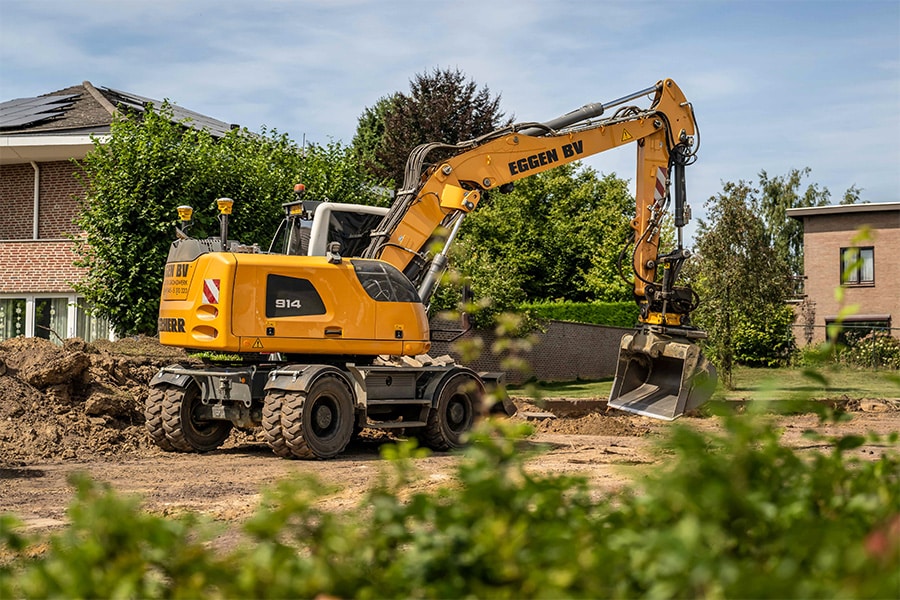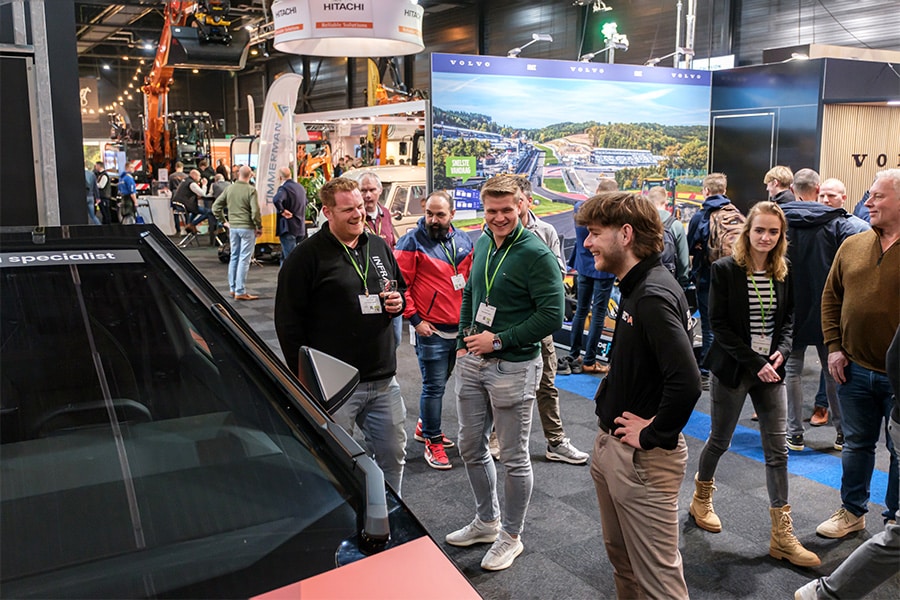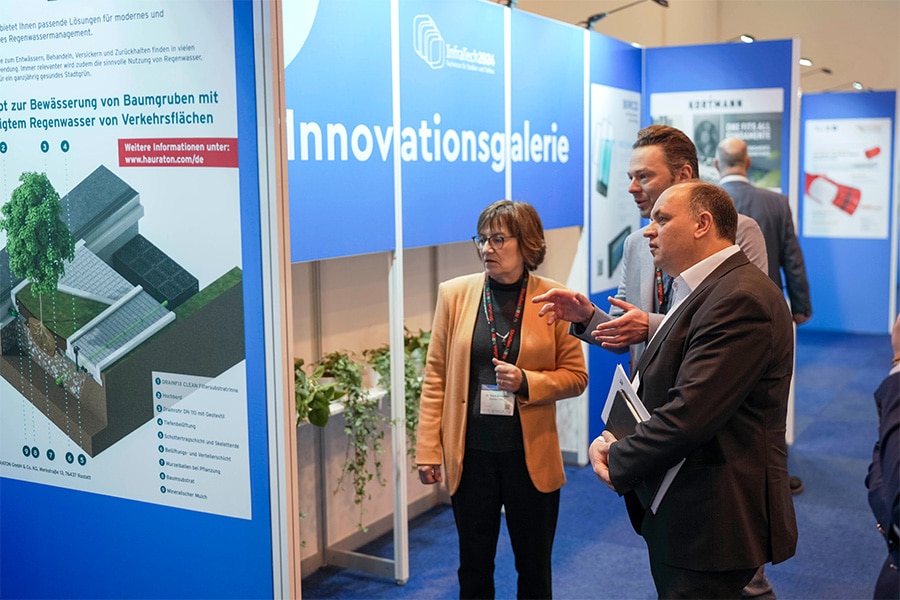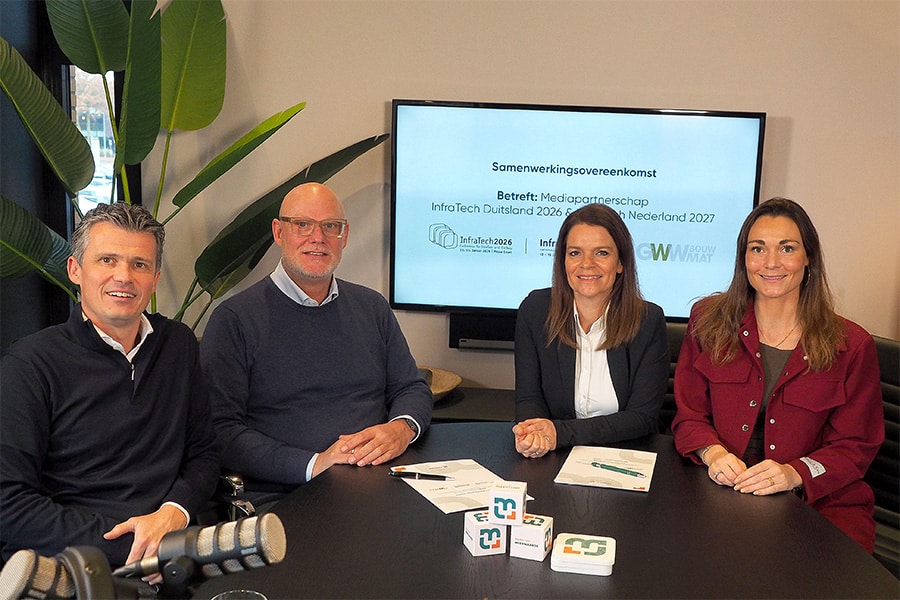
Rice fleece road signs along Dutch highways
Whereas until recently almost all road signs were still made of aluminum, now they are also manufactured from Resysta. This material consists of 60% from rice husks, 22% from rock salt and 18% from mineral oils. This composition fits perfectly with the circular economy.
The rice flyover sign is just one product from OFN. It is part of an extensive range of products that make staying in public spaces - and especially while traveling - more enjoyable. All products are developed and produced from a mission. The bus shelters, bicycle shelters, (sound) screens, litter bins, announcement signs and benches are produced with the smallest possible impact on the world.

Vision development and culture change
Founded in 2001, OFN operated like many start-up companies. "You ask and we turn. But in 2012, that turned around. OFN became certified on the CO2 performance ladder and in doing so struck a path that would completely change the company. "We actively started working with business partners who also wanted to develop products with the smallest possible footprint," says Hetty Lemmen of OFN. "A club of employees who wanted to embrace this vision followed naturally."
Environmentally conscious products
This clear vision led to an endless series of new products. The traditional bus shelter of steel, glass and plastic became a bus shelter with uprights of 70% recycled aluminum, a wooden bench and sedum roof. Concrete sound walls turned into ramparts made of sustainable wood covered with solar panels. Concrete parking garages were given a natural look with panels of wood and bamboo.

100% circular
"The rice fly sign fits seamlessly into this series," Lemmen says. "Resysta is a fantastic material. It is composed of waste materials from the food chain. The material has the look of wood, is moisture-resistant, lightweight and has a lifespan at least as long as aluminum. Should the road sign become obsolete, it can be put through the shredder, after which the material 100% reusable without any additives. Research by Sweco has shown that the OFN traffic sign has a significantly lower footprint and 100% is circular at the product level."
The first 250 signs
Lemmen is still pleased with RWS's ambitious attitude. "At the time when the Netherlands was switching to the 100-km speed limit - which of course would require thousands of road signs - RWS gave us the opportunity to deliver the first road signs. The product had been tested in all respects, but had not yet been EN 12899-certified according to the standard for Fixed road signs. With discussions, test results and a commitment to recall the signs if certification was not achieved, we were allowed to deliver the first 250 signs. Since then, certification has been completed and the OFN Riding Traffic Sign is permitted nationwide."




